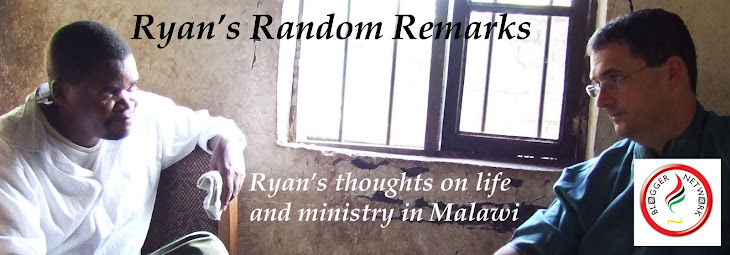Following a death, Sena tradition requires that cleansing take place. This practice, known as kupita kufa: that is ‘taking the death out’ or ‘widow cleansing’ is still widely practiced. If cleansing does not take place, it is believed that people can catch death from the widow or others that were close to the deceased. Death can be transferred through using items that belonged to the deceased or by allowing the widow to even wash her hands in your house.
Cleansing is done by an appointed person sleeping with the widow or another designated person a certain number of times in a prescribed way. If this is not done, people are not safe and they could begin to become sick and die. Those who refuse to participate in this are shut out from the community. They are troublesome because they are putting others at risk and aren’t allowing the items of the deceased to be inherited by others because they are considered unclean.
The pressure to participate is enormous. In the context of poverty, the possibility of being shut out of the village community is scary. The village is a safety net. If I have need of something, I can borrow it from my neighbor and in a few weeks time, they will borrow something from me. Everyone helps one another. If I am cut off, I have no one to rely on when needs come my way.
A pastor friend of mine, whose first wife died about five years ago, refused to participate in this. Up to this day, when he goes down to his village area his family refuses to eat with him. Pastor Stazio refused to allow his mother to participate when his father died and his relatives were upset because his father’s belongings could not be distributed. It is not easy to refuse.
Agnus Stazio, the wife of late pastor Stazio, has had a couple of hard weeks since his death. First there was pressure from family to participate in cleansing. She refused and left for Muona, the place where Pastor Stazio was serving. Talk about difficult pressure when you are just mourning the loss of your spouse. She heard that a relative was coming to persuade her to reconsider so she came to Blantyre three days ago. She has now learned that another relative took on the responsibility for the death when she refused and so has been released from the pressure to partake.
She is now worried about her survival. Her daughter, Yankho and son, Prince Jr. are both still young. Yankho only started school recently. Agnus is unlike the other widows of pastors in the church. They are all older and have grown children assisting them. She is not yet thirty.
She met with me and the head of the church today to ask for some financial assistance to start a small business. She plans to return to Muona where she and Prince had planted rice before he died. The rice is harvested in June. Prince’s sister is also there. She had been living with them going to school and needs to finish the year there so she can take her exams. After the school year ends, Agnus will probably return to her home village area of Tengani. She wants to start a business selling clothes from Tanzania.
Death is harsh anywhere, but I think that it is harder here where most don’t have the luxury of life insurance policies or a social security system that will help cushion them along till they have had enough time to get back on their feet. You either get back on your feet, of you don’t survive.
- Pray for Agnus, Yankho and Prince Jr. as they continue to cope with the loss of Prince.
- I’ll be in the far south of Malawi this week at the Africa Evangelical Church’s Annual Church Council. Pray that the church would make a specific statement about the practice of kupita kufa as they review the church’s book of policies which is used throughout the denomination.


This is way sad man.
ReplyDeletePraying for a breakthrough with the denom and for the family.